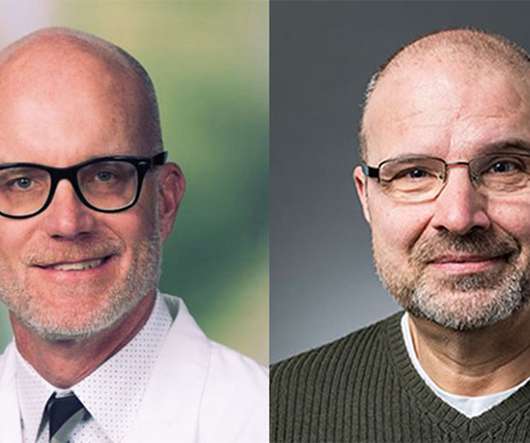Diabetes in Late Life: Nadine Carter, Tamryn Gray, Alex Lee
GeriPal
JUNE 8, 2023
When I’m on nursing home call, the most common page I receive is for a blood sugar value. When I’m on palliative care consults and attending in our hospice unit we have to counsel patients about deprescribing and de-intensifying diabetes medications. What are the risks and rewards of new classes of medications? Happy to be here.























Let's personalize your content